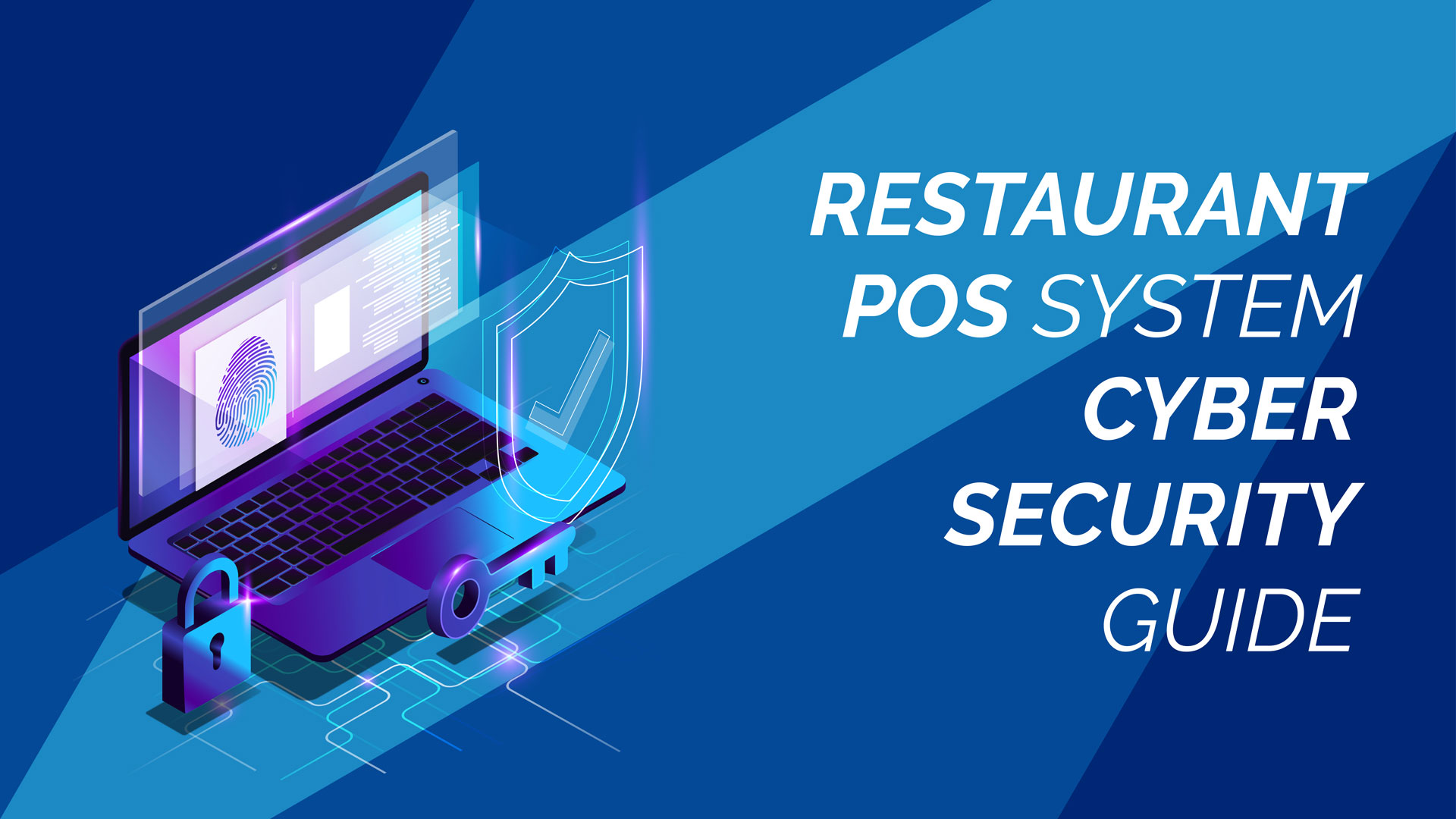Restaurant POS System Cyber Security Guide

Technological advancements rapidly changed the way several industries functioned, and restaurants were not far behind. Leveraging the power of technology meant streamlining operations, attracting more customers through improved customer service and a marked reduction in costs, which would mostly occur due to human error. But as is true with any technological opportunity came the risk of cyber attacks and security breaches. Unfortunately, the food and beverage industry primarily focuses on customer intent and satisfaction. As a result, it is only aware of cybercrimes when they are made aware of them by installing a POS system.
OVERSEE POS believes that a small awareness drive after a technological installation is not enough. Today, restaurants need a proactive defence against cybercriminals, where risks are identified, analysed, and businesses and guest data remain protected. Strategic reactions against security breaches are the need of the hour.
Cybersecurity is an investment
With the use of technology for operations, marketing and payments, enormous amounts of data are secreted, attracting online criminals who seek profits from data breaches. While most of the violations are reportedly credit and debit card transactions, other areas are being sought after by cybercriminals. For instance, loyalty programs involve collecting a customer's sensitive information such as age, address, and visit frequencies. And then, there is payroll technology that collects employee information and identification. The POS also tracks the company's performance and financials, including confidential corporate data. Everyone is at risk of a cybersecurity attack, from the largest retailers and restaurants to the smallest businesses.
Understanding security risks
All data, including debit card and credit card details, containing personal and proprietary information, collated by the hackers is sold in the market for a profit. When data is being stolen, ransomware locks your network until you release the sum of money that they demand. A clear restaurant cybersecurity strategy helps protect your company against online breachers. The most common security risks are found based on the business that you perform. For instance, restaurants team up with several third-party vendors, where a cleaning service that did not happen may present itself with false invoicing. In another example, payroll fraud may also occur through mobile banking systems.
All these frauds are due to the rise of online payments and automated payrolls – contemporary issues require modern tools. Intelligent monitoring of software, including automated bank reconciliation and vendor management, can secure restaurant operations. In addition, it helps identify potential cyber frauds to inject corrections quickly.
Steps that restaurants can take
Cybersecurity can be a huge and overwhelming topic unless you are an IT expert. However, there are some simple steps that restaurants can take at the user end to protect themselves. While risks are inevitable and cannot be eliminated, these steps can certainly minimise the chances of a full-on attack.
Secure passwords
Passwords are the most easily forgotten information – a fact amongst all humans. Therefore, we tend to limit our watchwords to something simple, giving us the best chance to remember the codes to the many accounts that we possess. Unfortunately, Hackers use the most straightforward routes to obtain passwords through keyloggers and phishing emails. Besides, they gain access to large databases through stolen information from enterprises. Restaurants can try using online password managers that provide complex passcodes meant to protect the systems.
Securing Wi-Fi Networks
Set up a unique network internally and separate systems for the guests so that customers do not gain access to the primary Wi-Fi network that your company is working from. While guests tend to access any wireless network made available to them invariably, it may lead to inadvertent downloads of malware from their tablets or smartphones. Additionally, it is only prudent to hide your business information from others.
Advanced protection against malware
Prevent the entry of malicious viruses with the help of advanced malware protection software that detects threats instantly to remove them.
PCI Compliance
It is not uncommon to accept credit cards at restaurants, but this activity requires PCI or Payment Card Industry compliance. Most industry owners report acquiescence in both hardware and software, but it is also essential to keep your restaurant compliant with security regulations.
OVERSEE POS also recommends you also check for fraudulent emails. If the sender's email address does not correspond to any business, then it is best left unopened. It is also judicious to stay away from email attachments unless the sender is well-known to you.
For all cybersecurity issues and secure POS installations, speak to experts at OVERSEE.

